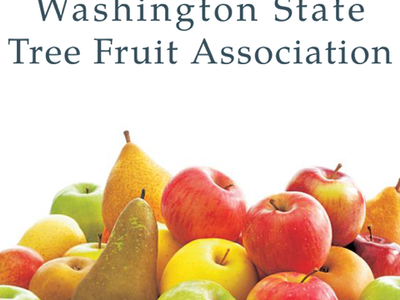Duck hunter science
New waterfowl research project needs volunteer hunter-scientists.duckDNA project launching to study duck hybridization across North America
Ducks Unlimited and the University of Texas at El Paso are looking for waterfowl hunters to actively participate in a duck research effort to help conservation groups better understand the genetic makeup of birds across the country.
The new duckDNA project is kicking off its first year and needs up to 300 hunter-scientists. Hunters selected will have the rare chance to be part of ground-breaking waterfowl research and also obtain scientifically vetted genetic information about the ducks they harvest.
Why we’re doing this
Research from the University of Texas at El Paso has revealed that over a century of game-farm mallard releases in the Atlantic Flyway has led to widespread hybridization with wild mallards. Other studies have uncovered potential differences in physiological and ecological traits between game-farm hybrids and pure wild mallards, which may impact reproduction, movements and duck distributions across their range.
Scientists need more genetic samples from across the country to determine the full scope of westward expansion of game-farm hybrids in North America, while studying how genetic makeup influences other aspects of waterfowl behavior, migration, or regional affiliations. Ducks Unlimited is partnering with one of the world’s leading waterfowl geneticists, Dr. Philip Lavretsky from the University of Texas at El Paso, to implement a pilot program to engage waterfowl hunters in providing genetic samples from harvested ducks.Hunters should apply at www.duckDNA.com. Researchers will select up to 300 participants for the first year. If selected, hunters will receive instructions to create a duckDNA account.
“Waterfowlers have a proven history of dedication to conservation, research and the health of our duck populations,” Lavretsky said. “Scientists have spent decades studying bird populations, and new genetic techniques are opening an entirely new landscape of discovery. duckDNA is an exciting way for hunters to take an active role in ensuring robust populations of mallards for generations to come.”














